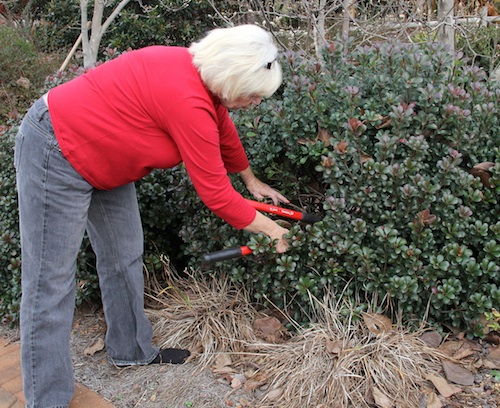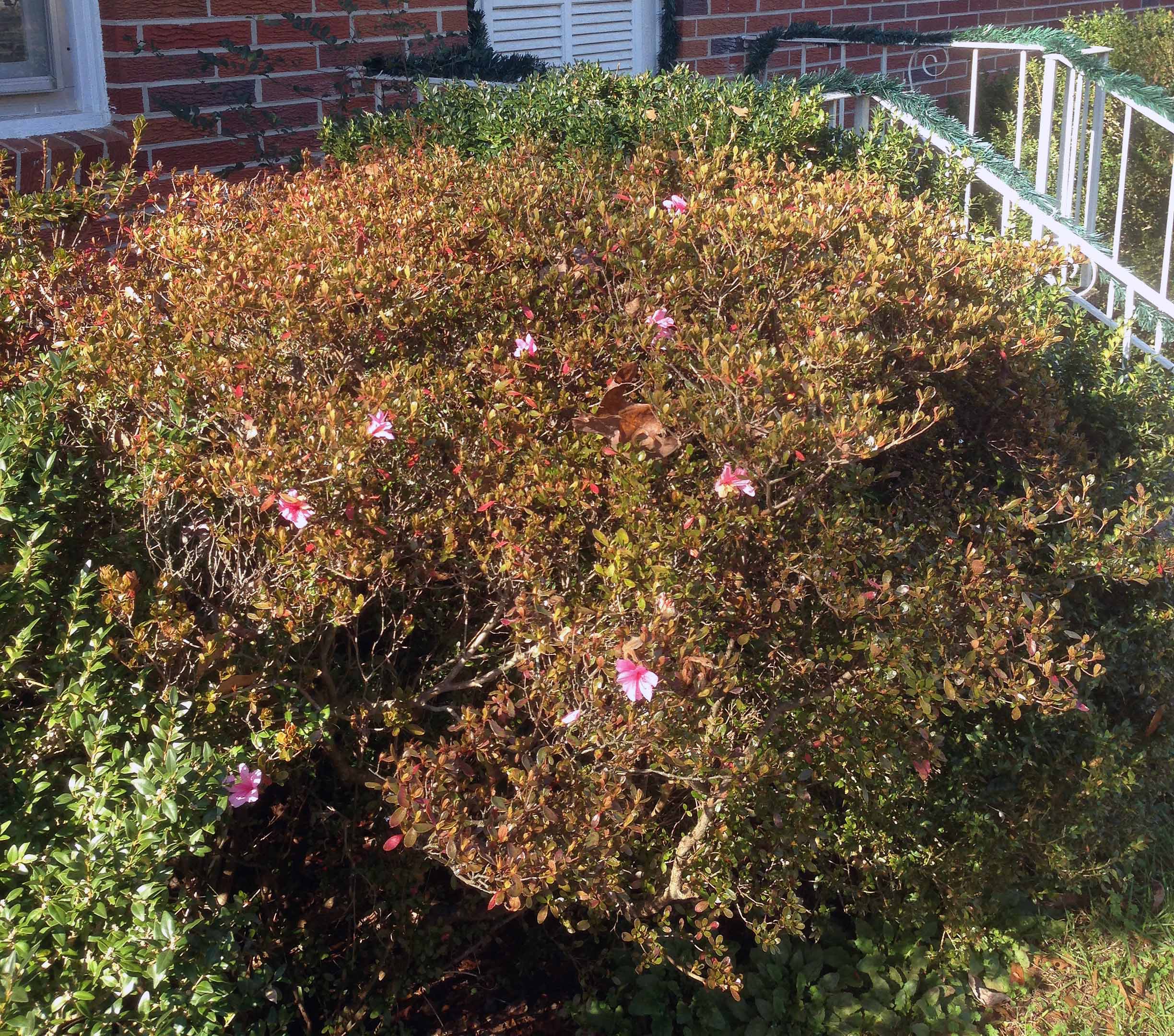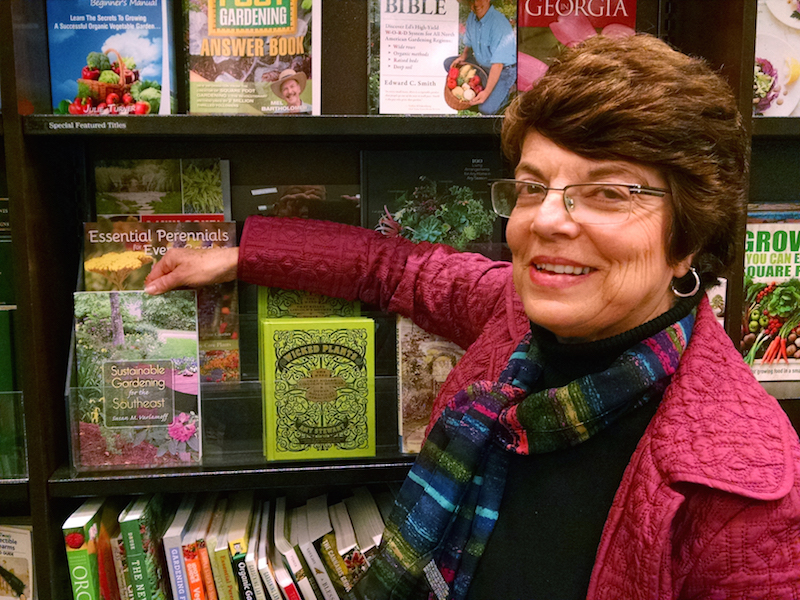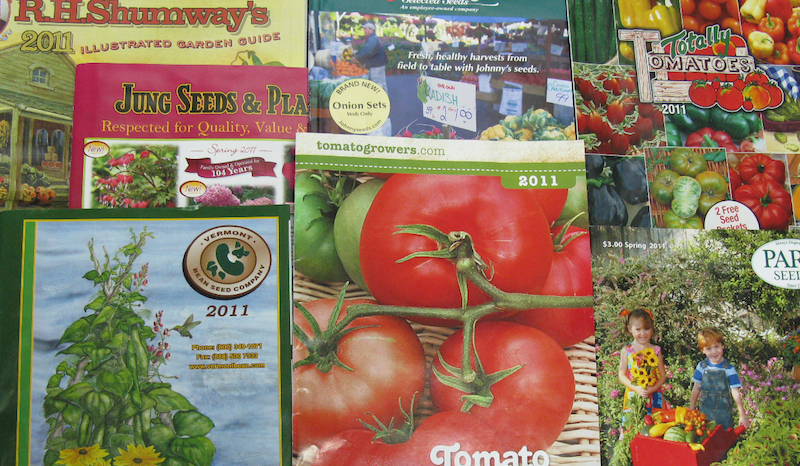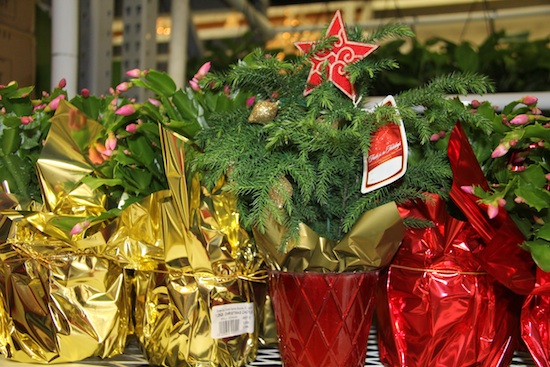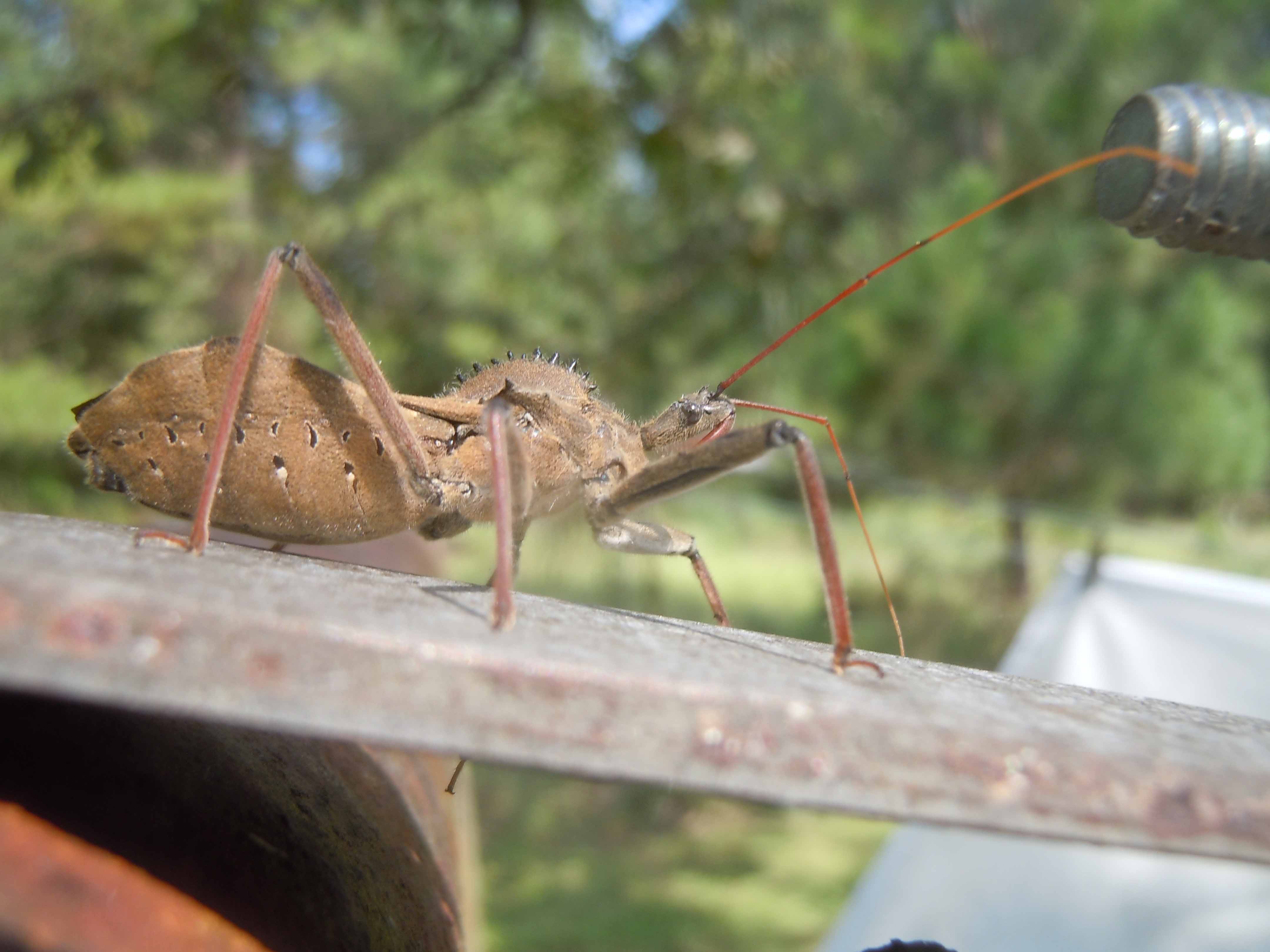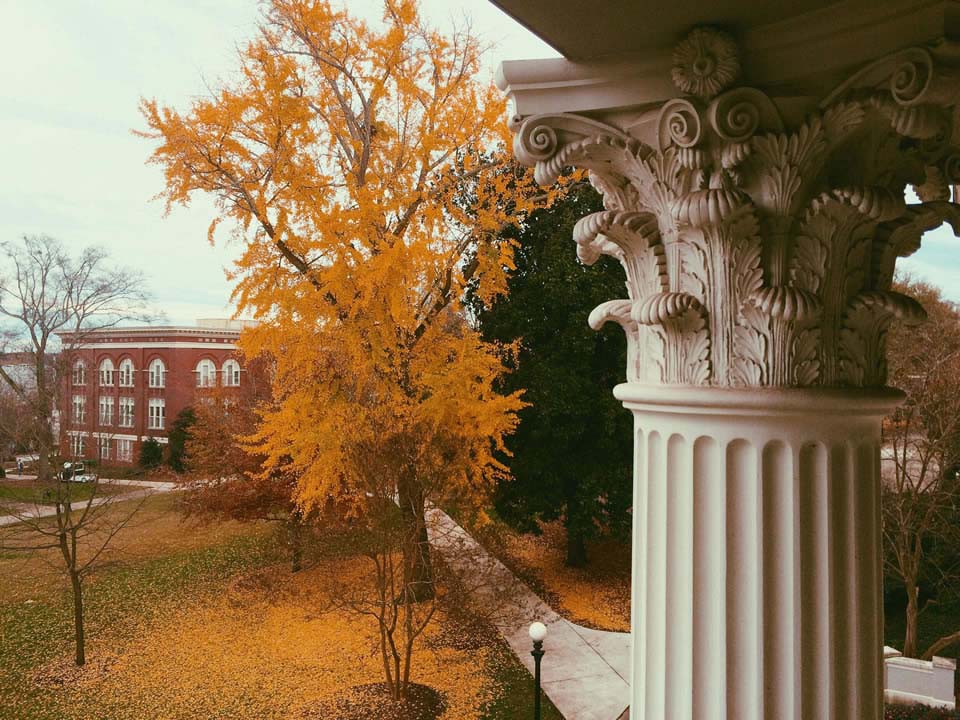 CAES News
CAES News
UGA Campus Arboretum
The University of Georgia Campus Arboretum Initiative, sponsored by the College of Agricultural and Environmental Sciences’ Department of Horticulture, has announced the winners of its 2015 Memorable UGA Campus Trees and Shrubs Photo Competition.


